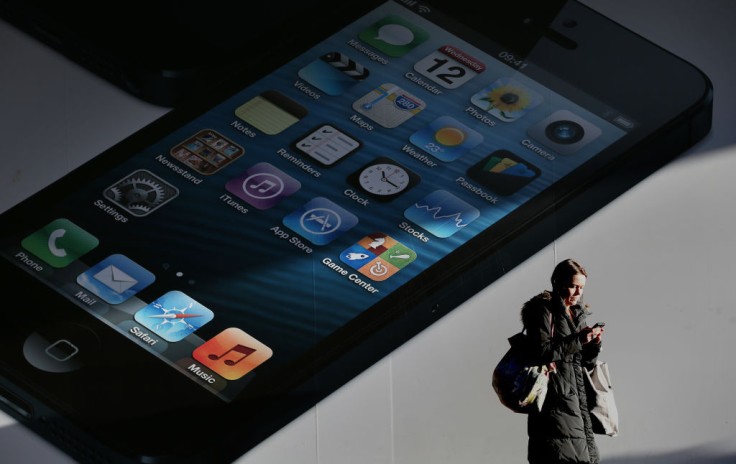Google and several of Europe's largest telecoms are currently lobbying for Apple's iMessage app open availability to other messaging services.

In a letter to the European Commission in Brussels, Google suggested that iMessage should be regulated as a "core" service under EU's new Digital Markets Act (DMA).
Companies that have an annual revenue of over $8 billion and at least have 10,000 active monthly business users shall be regulated under the EU rules. Apple admitted that it has over 10,000 business users with experts estimating up to 1 billion users globally.
The tech giant argued that allowing the iMessage app to be fully compatible with its rivals would "benefit European consumers and businesses."
Other major telecom companies like Vodafone, Deutsche Telekom, Telefónica, and Orange joined voices with Google on the regulation of the iMessage app.
What is Unique with the Apple iMessage App
Apple was able to maintain customer loyalties with the iMessage app with its exclusive features, including the iconic "blue bubble" texts that are only available when chatting with other iMessage users.
Text bubbles return to the default green SMS when Android users join an iMessage group chat.
There were also reports of video and quality loss when transferring files from an Android device via iMessage. The iMessage app is currently only available to the Apple ecosystem like the iPhone, iPad, and MacBooks.
Related Articles : Apple's Ads Showcase Action Mode, Unsend iMessage in New iPhone 14
Google Campaign Against the Exclusive iMessage App
The recent petition marks Google's return to its #GetTheMessage campaign publicity campaign to pressure Apple into adapting the Rich Communication Services. The company even took a jab to the app in one of its campaign ads.
Apple argues that the app is not popular enough to the EU audience for the need to adapt, but still "look forward to explaining to the commission why iMessage is outside the scope of the DMA."
The Commission is currently doing its own investigations with results expected to be released February next year.
Related Articles : Google Messages Encrypt RCS Conversations, Group Chats









